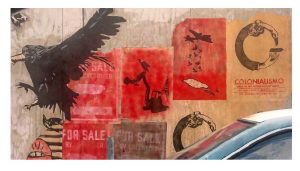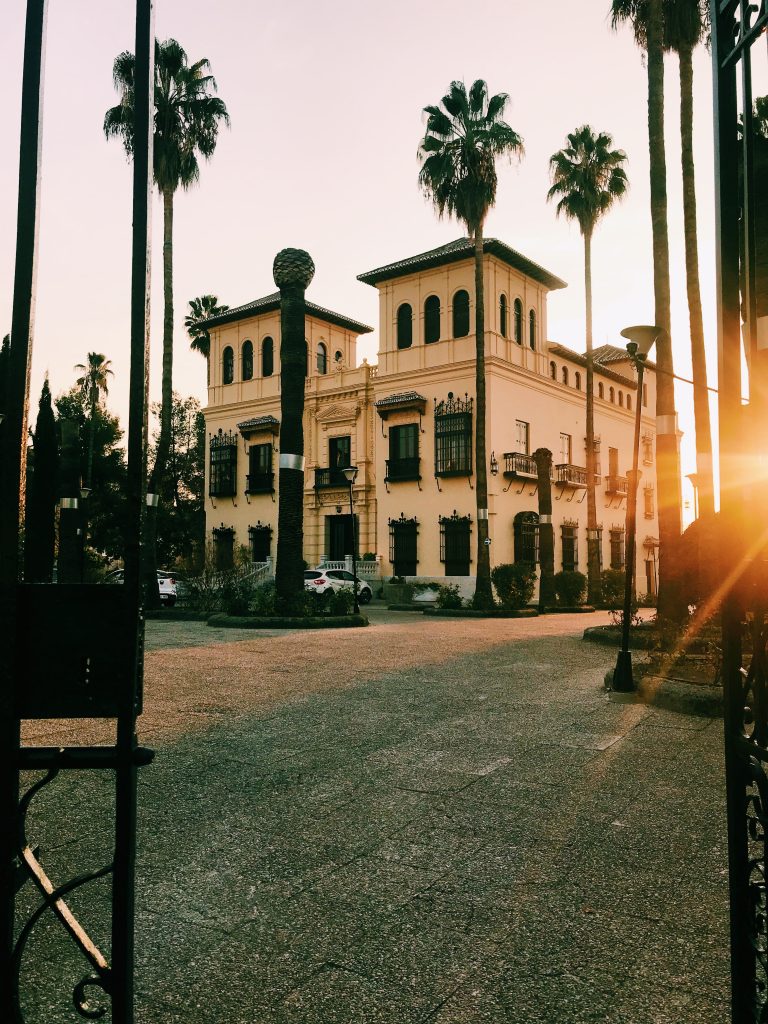Off-campus courses, both international and in the United States, are offered during the January Interim. They vary from year to year. Details are available in the Off-Campus Interims brochure published each spring and in the Interims Announcement printed in mid-fall.
Common Programs
Spanish 240:Puerto Rican Politics & Environment
This academic civic engagement course explores the culture of Puerto Rico, including its politics, national identity, folklore, and the
environment. Students will travel to Puerto Rico (a territory of the U.S.A.), where they will read and analyze authentic materials in Spanish, participate in talks and discussions with local professors, college students and community leaders. Facebook page link here.
Spanish 270: Food, Migration, and Identity in Spain
From tourists to Spaniards, many people associate “Spanish” cuisine with stereotypical, iconic dishes like paella. As you might expect with stereotypes, the reality is far more complex. How do ingredients like rice, saffron, and tomatoes–plants native to Eastern Asia, Southwest Asia, and South America, respectively–become key components of what many consider to be Spain’s national dish?
In this course, we will take an in-depth look at the multiple culinary influences and traditions that have shaped Spain’s complex cultural heritage. Through this lens, we will consider the influences of human migration on agricultural practices, of religious identity on eating habits, of climate and globalization on commercial agricultural production. More specifically, we will engage with topics that include Roman farming techniques; the arrival of Muslim rulers in the Iberian Peninsula along with new irrigation methods and new crops; the culinary culture and influence of Sephardic Jewish communities; the arrival of Spaniards in the Americas and the revolutionary changes in European eating habits and colonial exploitation that result; contemporary Spain’s Mediterranean coast as the “orchard of Europe;” immigration; and climate change. Analysis of selected historical, literary, and cultural texts will be supplemented by guest lectures, site visits to museums, cultural institutions, artistic monuments, and cultural observation and field research activities. Course overview.
Prerequisite: SPAN 250 or SPAN 251